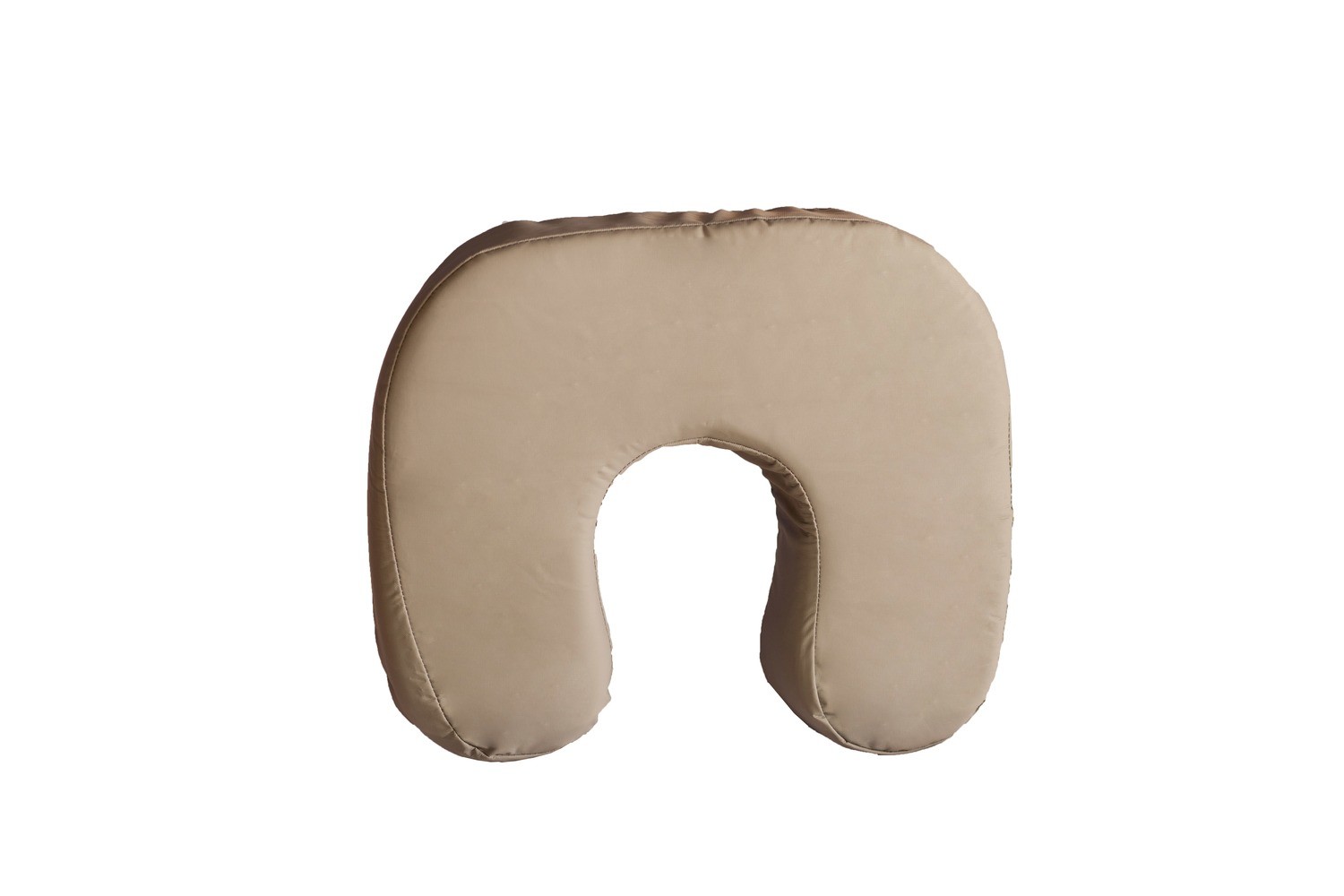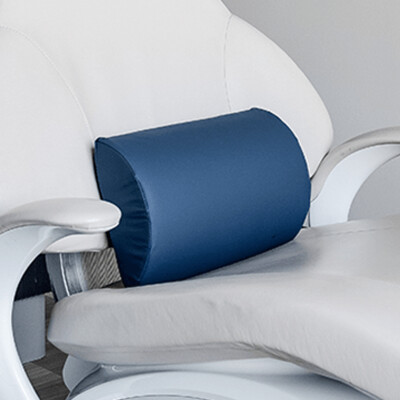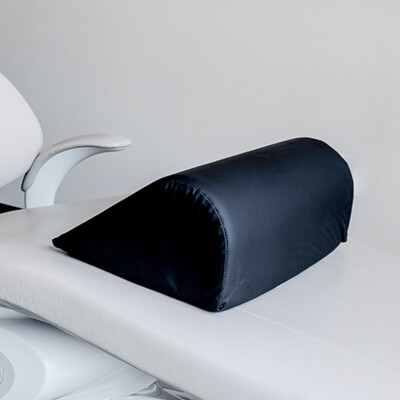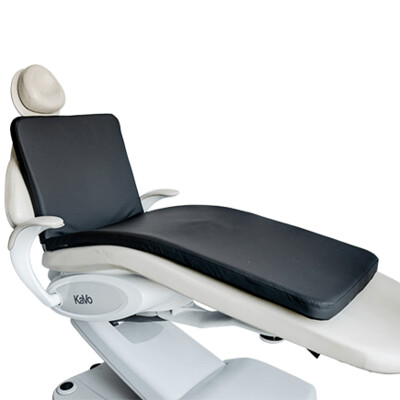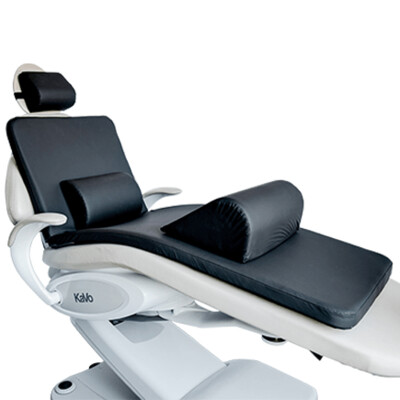Do Your Patients Fear the Dentist? Here’s How You Can Help Them

Dentophobia, often known as dental phobia, encompasses not just the fear of dentists and dental appointments, but also of all dental related operations.
Many people fear going to the dentist. As we get older, that feeling can develop into actual dental anxiety, causing many people to avoid visits to the dentist. How can you, as a dentist or dental hygienist combat this phenomenon? It helps to understand the root causes.
The Causes of Dentophobia
Numerous labels have been proposed to characterize the phenomenon of dental anxiety. Dentophobia is a severe aversion to dental treatment due to a phobia of dentists. When people fear dentists, it’s usually because of a bad experience they had in the past. Procedure-related complications and uncomfortable procedures are examples. It’s also possible that a traumatic experience at the dentist’s office contributed to the development of dental anxiety. Someone’s fear of the dentist could increase if they received service from a dentist who didn’t seem to care about them.
Indirect encounters can sometimes be the cause of phobia. Hearing about somebody else’s horrific experience at the dentist is one method of developing this fear of the dentist. What is shown and heard in the media significantly affects people. Dentophobia can be exacerbated by exposure to negative media portrayals of dentistry.
Someone can develop a fear of dentists if they’ve had bad experiences with medical professionals in the past. The mere sight of a doctor, the scent of disinfectant, or the presence of an authority figure can be enough to induce panic attacks in certain people.
Dentophobia Signs & Symptoms
Since symptoms of dental anxiety and a real phobia sometimes overlap, diagnosing dentophobia can be difficult. The most typical symptoms of dental anxiety are:
- Extreme fear when contemplating a visit to the dentist
- Refusing to visit a dentist, even in the event of a dental emergency (such as cavitations or decaying teeth)
- Anxiety rising as your appointment time draws near, interfering with regular activities
- Sleep disturbances or nightmares due to preoccupation with adverse outcomes of the visit
- Crying, rapid breathing, rapid heart rate, and disorientation before the appointment
- Severe gagging and vomiting after any oral contact
How Dentists Can Help Patients Overcome Dentophobia
Dentophobia can be alleviated in many ways. Sometimes it truly is an issue that patients need to seek help for, but other times dentists can be the most important factor. You should first discuss your patient’s fear of dentists. It can take time, patience, and perseverance to overcome this fear, but developing a trusting relationship with your patient is the first step. You can also recommend the following from your patient
- Counseling from a mental health professional, also known as cognitive behavioral therapy
- Deep breathing, meditation, and hypnosis are all techniques for coping
- Exercises designed to reduce stress, such as progressive muscle relaxation
- Weighted blankets, keepsakes, and music are all great examples of stress-relieving tools
- Keeping up with regular dental care, like brushing, flossing, or teeth whitening
The Importance of Comfort at the Dentist
Making patients comfortable is one of the most important things dentists can do, and it all begins with how patients feel when they climb into your dental chair. When patients feel comfortable, their fear and anxiety are reduced. The Crescent Bodyrest System cradles patients and keeps them comfortable while you work. Consisting of four integrated pads that easily fit into your existing dental chair, these memory foam pads work together to align, support, calm and relax your patients.
Keep Your Patients Relaxed and Comfortable. Shop at Crescent Products Today.
